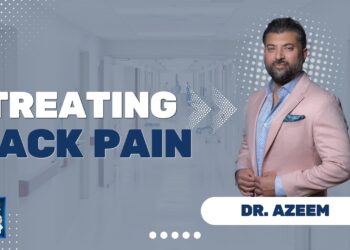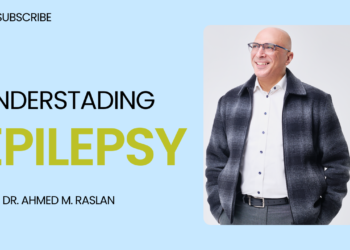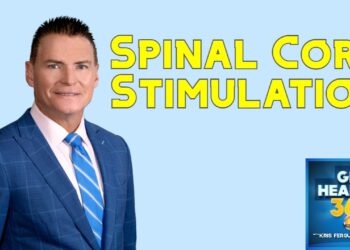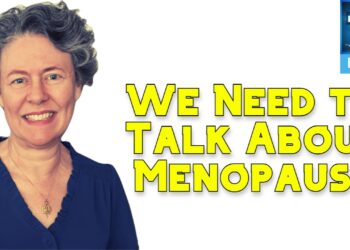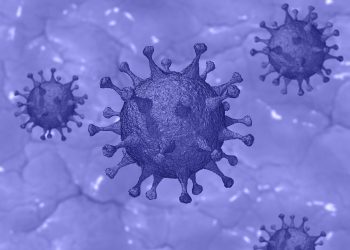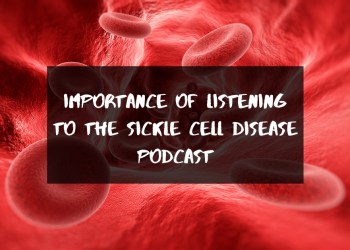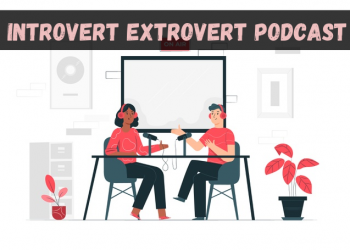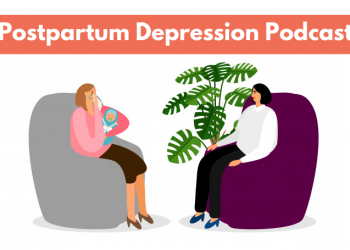Could LDN be a new hope to those who suffer from PTSD?

Opioid receptors are found throughout the brain. These receptors are involved in the consolidation of experiences. Though not fully understood, PTSD may involve the inability of the brain to consolidate traumatic experiences into the consciousness. Low dose naltrexone (LDN) along with a qualified psychologist may help reduce the symptoms of PTSD.
The Research
Low dose naltrexone in the treatment of dissociative symptoms.
Pape W1, Wöller W.
Abstract
BACKGROUND:
Following the hypothesis that blocking opioid receptors leads to a decline in opiate-modulated dissociative phenomena, experiences with naltrexone as medication for dissociative symptoms have been gained since 1999 (mainly in doses of 25-100 mg/day).
PATIENTS AND METHODS:
In this study patients with severe trauma-related and dissociative disorders were treated with naltrexone in doses of 2-6 mg/day (0.06 mg/kg body weight).
RESULTS:
The low dose treatment with naltrexone proved to be effective whereby 11 out of 15 patients reported immediate positive effects and 7 described a lasting helpful effect. The majority of patients who felt positive effects reported a clearer perception of both their surroundings and their inner life. Assessment of reality and dealing with it improved as did the perception of their own body and affects as well as self-regulation. The treatment was very low in side effects.
CONCLUSION:
Treatment with low-dose naltrexone may be a helpful element in the treatment of patients with complex posttraumatic stress disorder. However, it has to be realized that the decrease of dissociation may lead patients to a not yet resolvable challenge, in as much as dissociation had previously been a necessary mechanism of self-protection.
